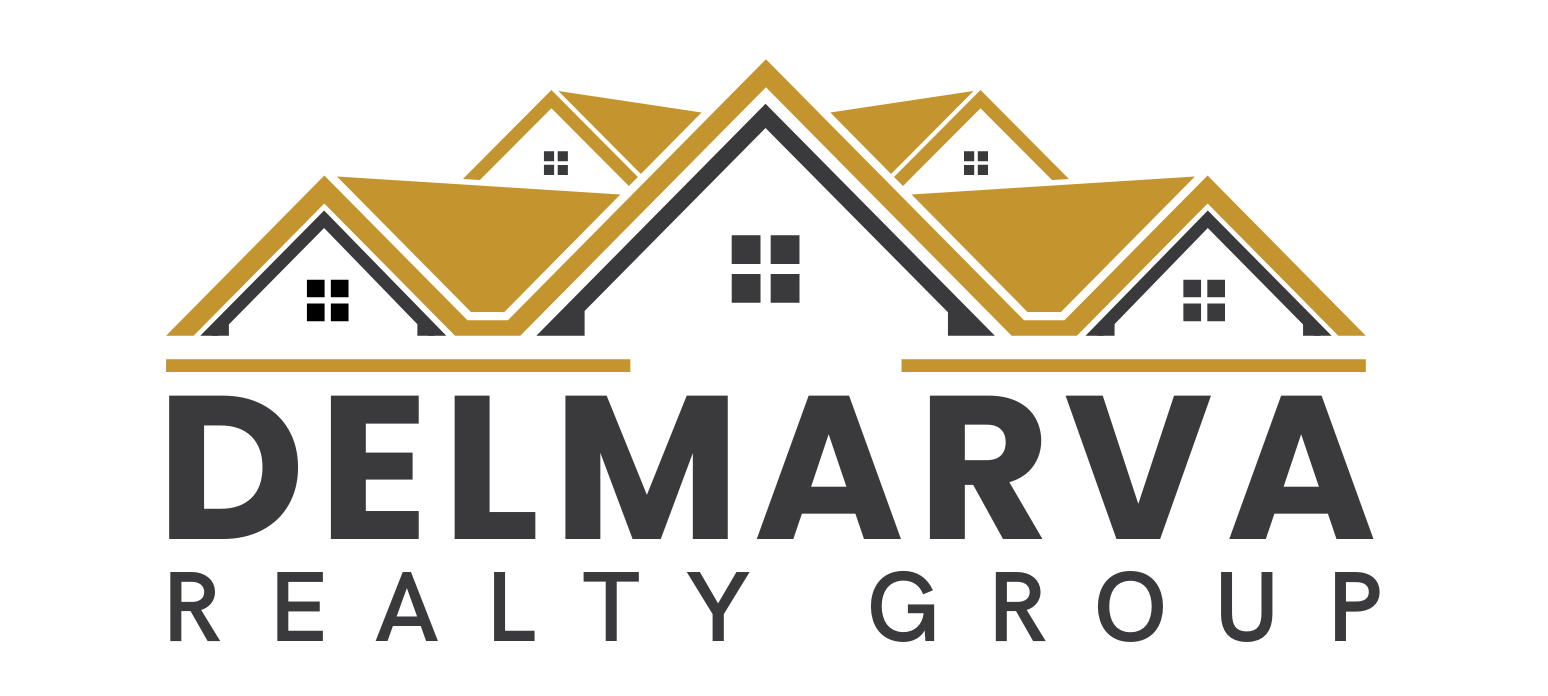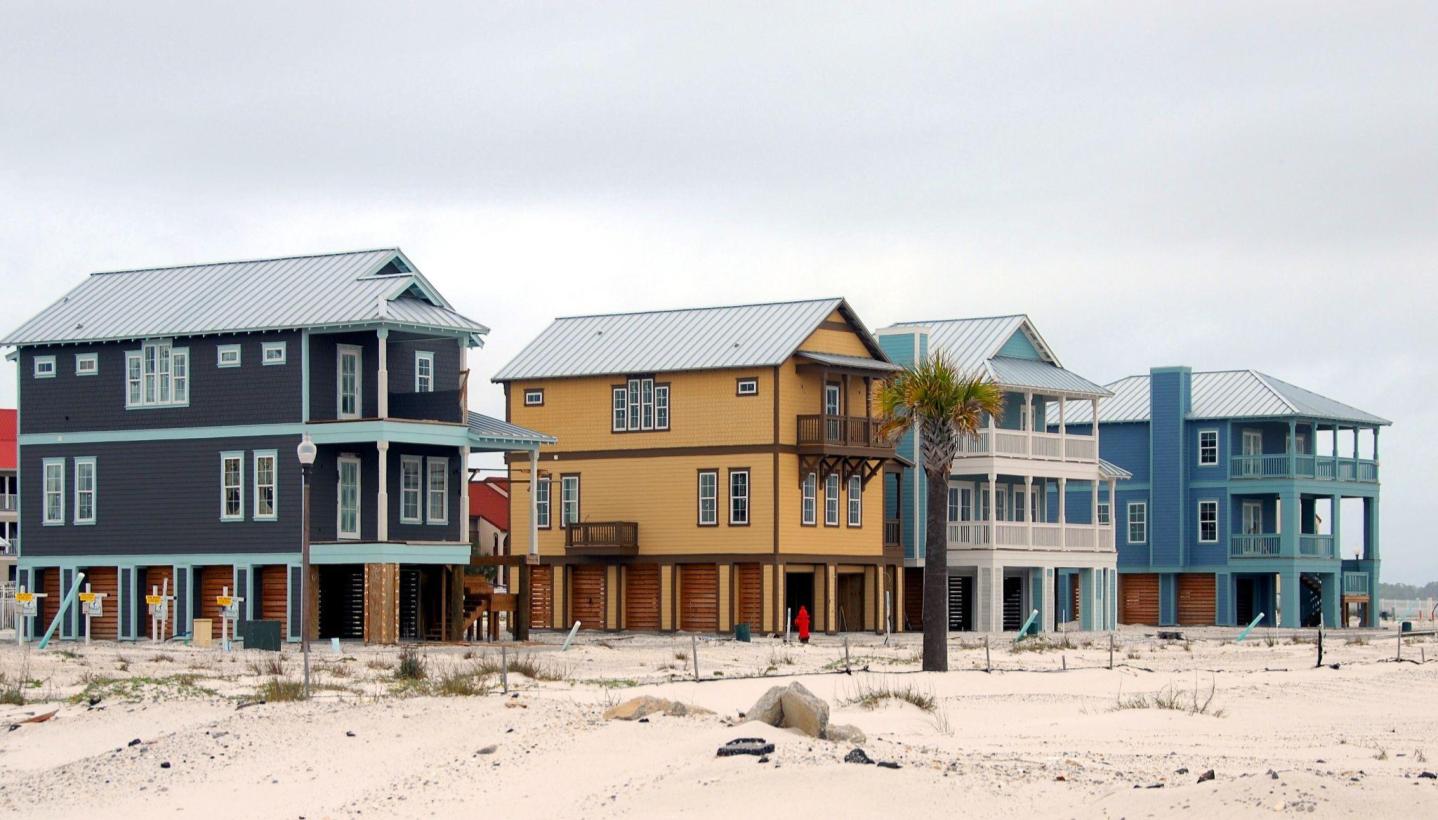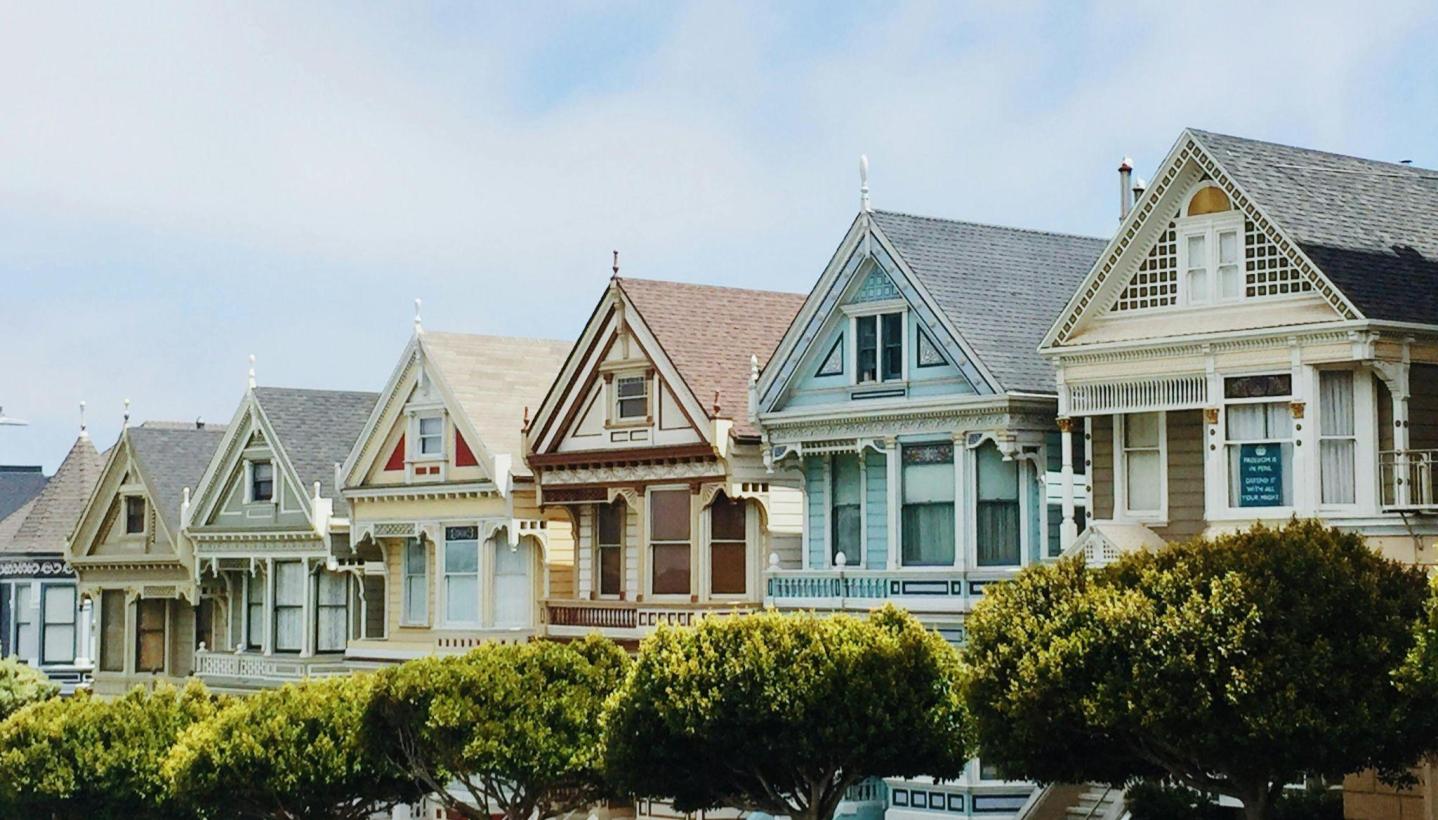Buying a home is one of the most exciting milestones in life — but it’s also one of the biggest financial commitments you’ll ever make. Most buyers focus on the down payment and monthly mortgage, but there are many hidden costs that can catch you by surprise if you’re not prepared.
Understanding these expenses upfront will help you budget wisely and avoid unwelcome surprises at closing (or right after you move in).
Here are the 10 most common hidden costs to expect when buying a home — and how to plan for them.
1. Home Inspection Fees
Before finalizing your purchase, it’s crucial to hire a professional home inspector. They’ll check the property’s structure, systems, and safety features to uncover potential issues.
- Average cost: $300–$600
- Why it matters: A thorough inspection can save you thousands by identifying repairs before closing.
Tip: If problems are found, you can often negotiate with the seller for repairs or credits.
2. Appraisal Fees
Your lender requires an appraisal to confirm the home’s market value before approving your loan.
- Average cost: $400–$700
- Why it matters: If the appraisal comes in lower than your offer, you may have to pay the difference or renegotiate the price.
Budget for this early, as it’s usually due before closing.
3. Property Taxes
Property taxes vary by location and can add a significant amount to your annual housing costs.
- Average range: 0.5%–2% of your home’s value annually
- Why it matters: Many lenders require you to pay a portion of property taxes monthly into an escrow account.
Research your area’s tax rate before making an offer.
4. Homeowners Insurance
Most lenders require homeowners insurance to protect your property from fire, theft, and other risks.
- Average cost: $1,000–$2,000 per year
- Why it matters: Premiums can vary depending on location, home value, and coverage options.
Shop around for quotes — bundling with auto insurance can save you money.
5. Private Mortgage Insurance (PMI)
If your down payment is less than 20%, you’ll likely need to pay PMI to protect your lender in case you default.
- Average cost: 0.5%–1.5% of the loan amount annually
- Why it matters: This can add hundreds to your monthly mortgage payment until you reach 20% equity.
Plan to refinance or make extra payments to eliminate PMI sooner.
6. Closing Costs
Closing costs cover all the fees required to finalize your mortgage and transfer ownership.
- Average range: 2%–5% of the home’s purchase price
- Includes: Title search, loan origination, attorney fees, appraisal, and recording fees.
Ask your lender for a Loan Estimate and Closing Disclosure for a full breakdown of fees.
7. Moving Expenses
The cost of moving can add up quickly — especially if you’re relocating long-distance or have a lot of belongings.
- Average cost: $800–$2,500 locally; more for long-distance moves
- Why it matters: Budget for packing supplies, movers, or a rental truck.
Plan ahead and get multiple quotes to avoid last-minute surprises.
8. Utilities and Hookup Fees
When you move in, you may need to set up new utility accounts for electricity, gas, water, internet, and cable.
- Average setup cost: $100–$300 total
- Why it matters: Some providers require deposits or installation fees for new customers.
Ask the seller for average monthly utility costs to help with budgeting.
9. Maintenance and Repairs
Unlike renting, homeowners are responsible for all maintenance costs. Even newer homes require regular upkeep.
- Rule of thumb: Budget 1%–2% of your home’s value annually for maintenance
- Examples: Lawn care, HVAC servicing, roof repairs, and appliance replacements.
A home warranty can help offset some unexpected repair costs in your first year.
10. HOA Fees (if applicable)
If your home is in a community with a homeowners association, you’ll likely pay monthly or annual fees.
- Average range: $200–$400 per month
- Why it matters: HOAs cover amenities, maintenance, and community improvements — but they can also have rules and restrictions.
Review the HOA’s budget, rules, and financial health before committing.



